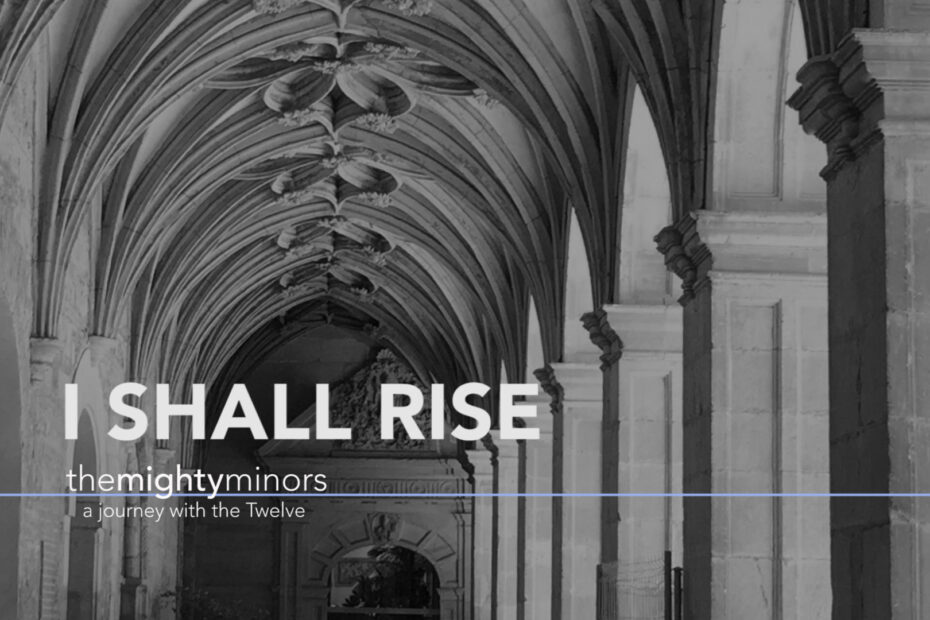Imagine living in a time when there was deep political division, the possibility of harmful action by corrupted authorities that should have been serving the people they governed, and violence filling the streets of major cities. Add to that not feeling able to say what was on one’s mind for fear of being reported or socially shamed into silence with division being driven even between parents and their children by a toxic and judgmental culture. No, I’m not talking about around our world today. All of that was happening in the Minor Prophet Micah’s day, and chapter 7 of his book lays out the problem very well—but also the solution for faithful people longing to see a brighter day ahead. Funny how times change, but people don’t!
The culture of Micah’s day (c. 700 B.C.) had sunk to an apalling moral low. Trying to find a decent and God-fearing person to Micah was like going into a vineyard to find grapes after the harvest had already happened. Godly people had perished from the land, and those who lived according to God’s peaceful ways were not to be found (7:2). Instead people lay in wait for blood to steal and kill, treating one another like animals to be caught in a net and ruined for personal gain and political influence. Biblical scholar Leslie C. Allen summed up Micah’s description of his day in this way: “Society had disintegrated into a struggling mass of hostile individualists” (Allen, Micah). Sadly, that may sound familiar to us today.
How that kind of life played out was not pretty. Because of each person being out for themselves and pursuing personal advancement to the detriment of even their own community and family, no one felt they could trust anyone anymore. Even close friends had to be guarded against, and one’s very own spouse could not be trusted with their inner feelings and heartfelt thoughts. Sons declared their own dads to be fools because they refused to follow the new ways of popular culture, and daughters rose up against their own mothers (7:5-6). It was a fearful, violent, and lonely time to be alive. It may have been tempting to give up and lose all hope that things could ever change or that God would help the hurting souls who suffered under such conditions. That temptation may be very real today as well.
Micah did something very special. He turned his face confidently to the future and put his full trust in “the God of my salvation” (7:7). He let the uncontrollable elements around him fall away as He lived his life in ways that kept him close to the Lord and in healthy relationship with the God Micah knew would hear him when he called (7:7). His mind was not dominated by the incessant crashing of the waves of wayward culture. Rather it was filled with prayer for God to come and save His people and make all things new. Micah also gave God’s people something very powerful to say in the midst of a faltering world. They are words of enduring faith even under the weight of judgment and suffering for following God’s way:
Rejoice not over me, O, my enemy; when I fall, I shall rise; when I sit in darkness, the Lord will be a light to me (7:8).
In this expression of confident hope in the salvation of God, we as Christians today through the victory of Christ can certainly rest in this promise of faith given so long ago: “When I fall, I shall rise.” No matter how bad the times may be, Christ our Savior and Redeemer will never leave nor foraske those who trust in Him. And the blessed assurance of His resurrection is the proof that those who trust in Him will not fall. They shall rise, both in this life by His faithful work in their lives and in eternity by His mercy to save all those who trust in Him. These words are a good gift to us today so that, no matter what the times may bring, we can have the confident faith of this mighty Minor Prophet who left it all up to the God who cared for him and heard his cry.
by Parker Bradley, author of The Twelve: A Transformational Journey Through The Minor Prophets

